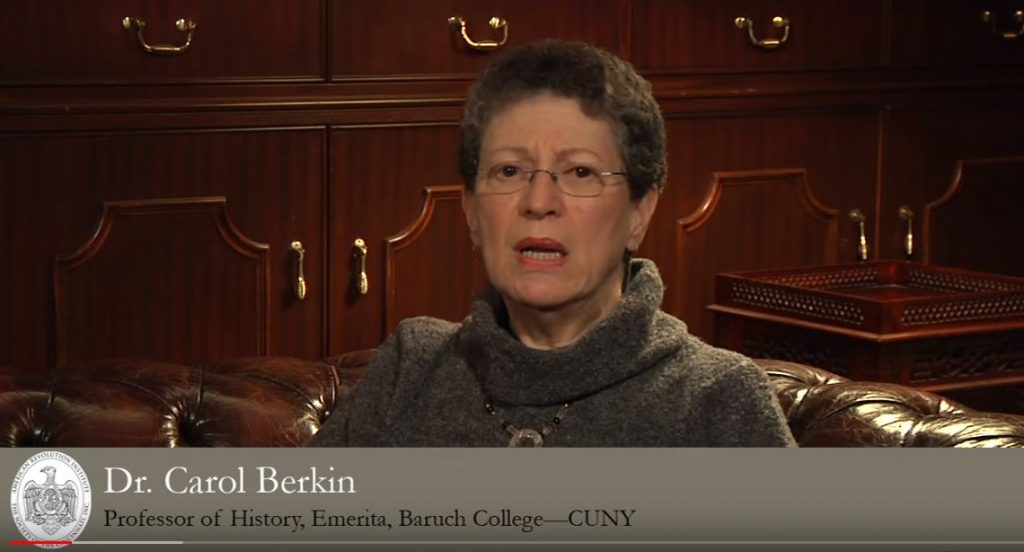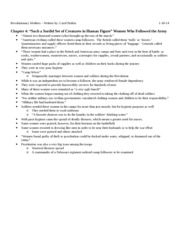

Mercy Otis Warren, Abigail Adams, Deborah Franklin, Lucy Knox, Catherine Greene, and Martha Washington's roles are clearly explained. "Thus the first political act of American women was to say, 'No'" (p. Patriot women allied with their husbands to organize the first effective boycotts.

She makes clear that men and women had different experiences throughout the eight years of the bloody war and that women's homefront experiences were shaped by race and class as well as by gender. She argues that during the American Revolution, women were not "'passive observers" but rather "partners" with their husbands, brothers, fathers and sons (p.

The result is a gendered portrait of multiple revolutions.īerkin's book is divided topically into ten chapters, all of which are titled by apt quotes and adorned with fitting illustrations. Berkin delineates the differences among white, black, and Native American experiences. In 2004 journalist Cokie Roberts in Founding Mothers focused on elite white women.īerkin builds on this rich historiography with her own fresh reading of published sources to graphically portray the multiple roles women played as Loyalists or Patriots, elite women such as the wives of generals, and ordinary women such as camp followers. Still more recently, Mary Beth Norton in Founding Mothers & Fathers (1996) examined the concept of citizenship, while Berkin in First Generations (1996) further explored gender roles. In 1980, two major monographs by Linda Kerber and Mary Beth Norton explored the intellectual background of the concept of Republican Motherhood and its social and cultural roots. In 1975, Linda Grant DePauw in Founding Mothers wrote a brief popular overview on this subject for the next year's bicentennial. war, the American Revolution.īerkin is not the first historian author to probe women's roles during the American Revolution.

Carol Berkin's newest book is timely and provides readers with a detailed account of women's participation in the first major U.S. This discussion has also raised questions about the complexity and variety of roles that mothers have played during various U.S. In today's headlines and in the H-Minerva discussions, we have focused on the mothers camped in Texas denouncing the war in Iraq and demanding that our service men and women return home. Revolutionary Mothers: Women in the Struggle for America's Independence.


 0 kommentar(er)
0 kommentar(er)
